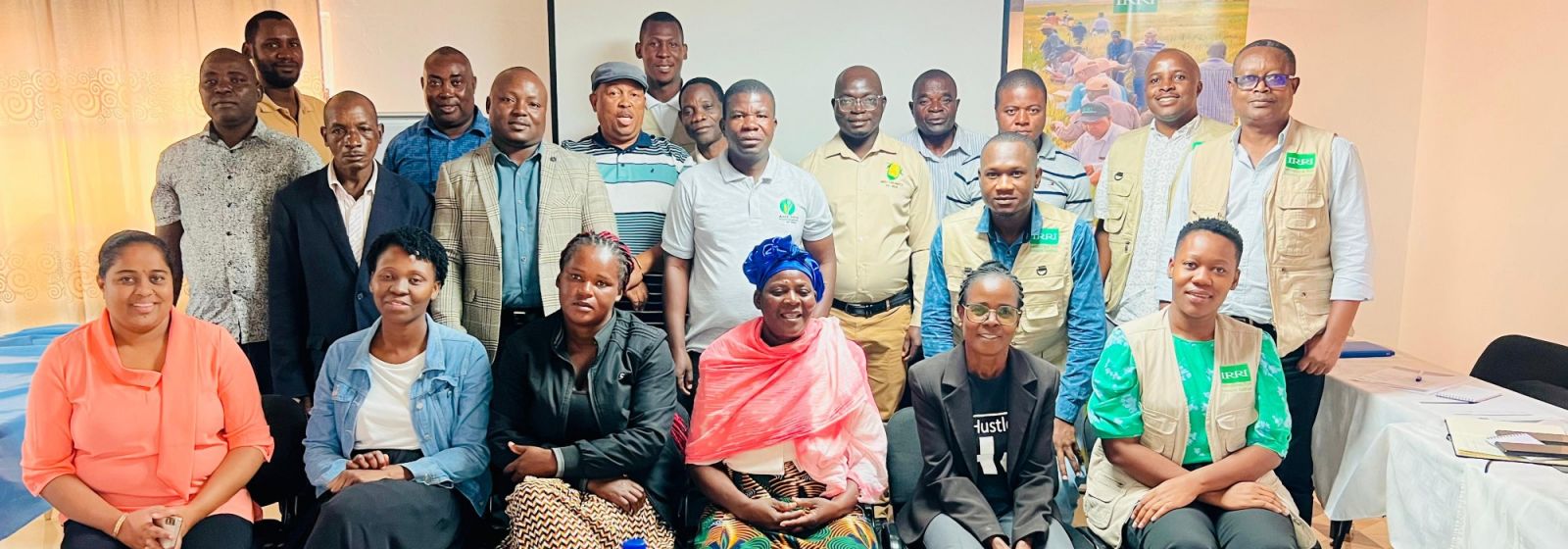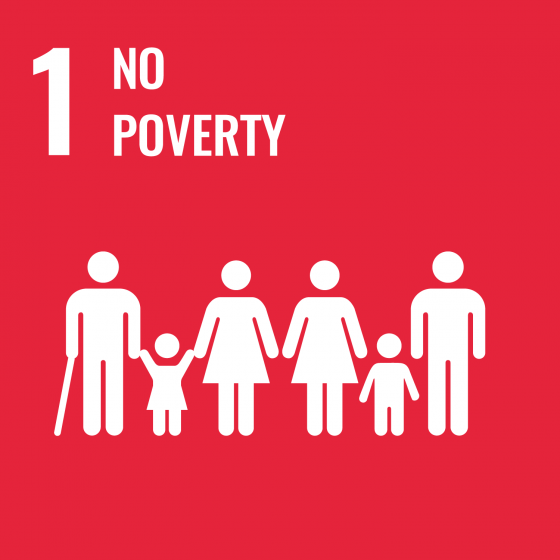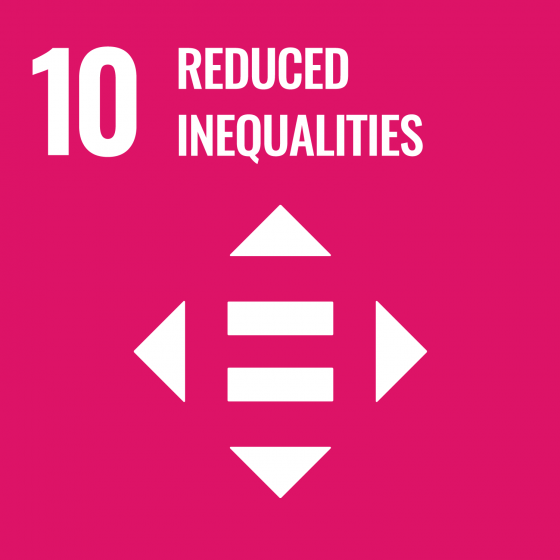
Background
Rural youth are essential for ensuring future food security. However, around the world, few young people envision a future for themselves in agriculture or rural communities. High pressure on arable land makes it challenging to start a farm, and many young people lack access to credit and other necessary resources for agricultural productivity. While most of the world’s food is produced by aging smallholder farmers in developing countries, older farmers are often less likely to adopt the new technologies needed to sustainably increase agricultural productivity. This presents a critical need to engage youth in agriculture.
Youth participation is vital for the agriculture sector in Mozambique and the country’s broader development. Yet, young people face numerous barriers that hinder their full involvement in agriculture. Given the large youth population, unemployment and underemployment are at alarming levels. According to the African Development Bank, one-third of Africa’s 400 million young people are unemployed, and 35% are vulnerably employed. Despite this, agriculture still presents significant opportunities for employment, capable of supporting millions of young individuals.
In addition to job creation, the involvement of young women and men in agriculture can stimulate agricultural businesses and enhance food security. However, youth encounter structural challenges in accessing essential resources and opportunities, which limits their participation in agribusiness. Addressing these challenges, harnessing their innovative potential, and providing access to new technologies and techniques are crucial. This includes overcoming barriers such as limited access to digital technologies, low digital literacy, and inadequate job prospects.
By empowering young farmers, particularly in rice-based agri-food systems, and supporting them in the production and marketing of quality Early Generation Seed (EGS) and Certified Seed (CS), we can significantly reduce underemployment among young women and men. This initiative will not only boost rice productivity but also decrease the burden of rice imports in response to growing demand.
Objectives
The project has four higher-level outcomes:
- Improved productivity and employment opportunities and youth empowerment through agricultural business development;
- Improved social and financial security;
- Improved food security;
- Improved nutrition security.
The project also defines more short-term or intermediate outcomes:
- New business partnerships are created especially for youth, with special attention to young women;
- Enhanced entrepreneurship skills among youth;
- Improved gender and Youth inclusion in rice farming;
- Increased Zinc rich seed access and production by youth, especially young women;
- Increased adoption of Zn-rich varieties among smallholder farmers, especially women and youth.



